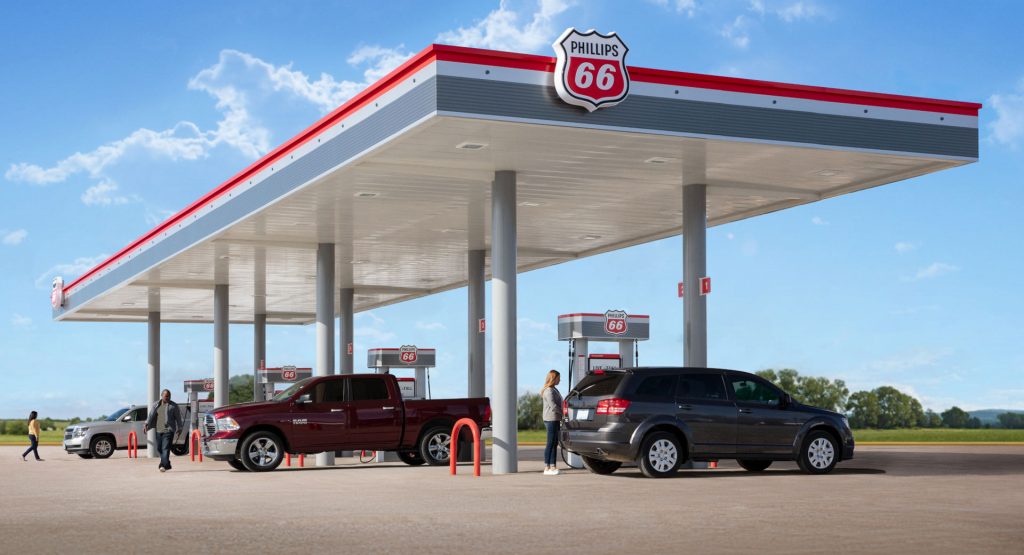Motorists up and down the East Coast have been treated to an unwelcome sight as gas stations are packed and running out of fuel.
The ransomware attack that crippled Colonial Pipeline, which provides 45 percent of the East Coast’s fuel supply, has spurred panic buying and this has drastically increased demand for gasoline at a time when supplies are extremely limited.
Citing GasBuddy, Reuters is reporting that 5% of gas stations in North Carolina have run dry while 7.5% of stations in Virginia have no gas to sell. The situation is so bad, that several states have declared emergencies and enacted measures to fight price gouging.
Also Read: Ransomware Attack On Pipeline Company Could Cause Fuel Shortages And Higher Prices On The East Coast
Dumb luck for sure, but I got the very last tank of gas at Murphy Express on Hwy 161. That’s no exaggeration either. An employee stuck the “out of gas” sign on my pump while I was still filling my truck. The place quickly cleared out. pic.twitter.com/RYYUUO4l06
— Greg Suskin (@PIOYorkCountySC) May 11, 2021
CNN also noted GasBuddy’s traffic has skyrocketed as people search for stations with gas as well as ones with affordable prices. This “extreme traffic” has caused “slowdowns” on both the company’s app and website.
Yesterday, the FBI confirmed that DarkSide was responsible for the attack and is working with Colonial Pipeline as well as other government agencies on the investigation. The government hasn’t gone into many specifics, but White House Press Secretary Jen Psaki said President Biden is regularly briefed on the incident and is “evaluating every action the Administration can take to mitigate the impact as much as possible.” Psaki added the government will “bring their resources to bear to help alleviate shortages where they may occur.”
The stupidity has begun pic.twitter.com/VwYSVCHNbr
— Bryan 🇺🇸for🇺🇦 (@swimmerbr78) May 11, 2021
Earlier today, Secretary of Energy Jennifer Granholm revealed that one of Colonial’s major lines resumed operation under manual control last night. She added Colonial’s CEO has indicated the company “will be in a position to make the full restart decision” tomorrow, but even after that decision is made, it will take a few days to ramp up operations.
Granholm went on to discourage gasoline hoarding and compared it to the rush for toilet paper at the beginning of the pandemic. She added the government “will have no tolerance for price gouging” and noted the EPA has issued a waiver to allow the use of noncompliant fuel blends in affected states.
Just visited a Gas Station here in GEORGIA
Lo & Behold, NO GAS!
This is a problem. pic.twitter.com/9DCuAXv265
— Chandler Crump (@realCCrump) May 11, 2021








